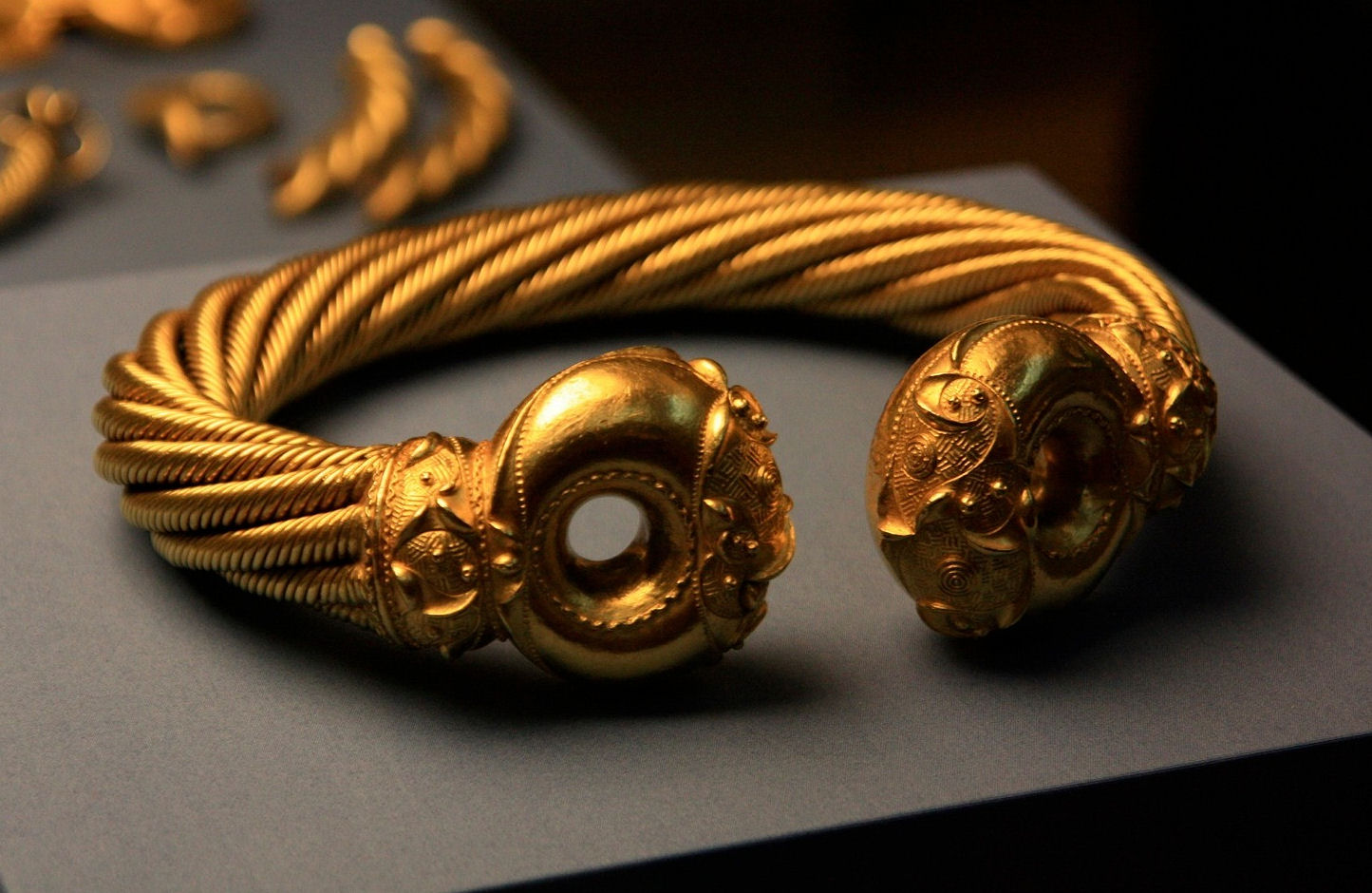NOTES FROM THE HINTERLAND 9
A Creative Business Is No Place for a Recluse
I’ve been listening to the piano works of Charles-Valentin Alkan. Romantic and intense, thoughtful and complex, sensitive and slightly troubling.
Alkan was a friend of Chopin who lived, composed and performed in Paris in the nineteenth century. He was clearly something of an eccentric. His works included The Song of the Mad Woman on the Sea Shore and Funeral March on the Death of a Parrot.
Alkan had been a child prodigy and was a popular concert pianist. But, after the age of 35, he became progressively reclusive. There are only two photographs of him and in one of them he has turned his back on the camera. Alkan died in 1888 at the age of 74, reputedly when a bookshelf fell on top of him. One obituary rather cruelly observed: ‘Alkan has just died. It was necessary for him to die so that we could be sure of his existence.’
I think most people that have worked in the creative industries have at some point yearned to give it all up and get away. Creativity is all about self-expression and purity of intent. But business is all about listening, adapting, negotiating. There’s an inherent tension here, a source of daily frustration.
However, whilst the reclusive life is available to the fine artist, the commercial creative needs to engage with the world, to be in tune and in touch with culture. The best commercial creatives in my experience watch film, play music, visit galleries, read books, carve spoons. They have interests outside work. They have a hinterland.
Denis Healey RIP (1917-2015)
‘I have always been as interested in music, painting and poetry as in politics.’
Denis Healey, The Time of My Life
I should mark the passing of Denis Healey.
Healey was a towering political figure in my youth. He was Defence Secretary in the '60s as Britain adjusted to life after Empire; and he was Chancellor of the Exchequer from 1974 to 1979 when the economy was fragile and politics were turbulent.
Healey was fit for this combative environment as he had seen active service during the Second World War. He’d been beach master during the allied invasion at Anzio. Fiercely intelligent, eloquent and argumentative, Healey didn’t suffer fools and didn’t go out of his way to make friends. This may explain why he never quite made Prime Minister. He was a rarity in British politics: a robust moderate.
Healey also popularised the use of the term ‘hinterland’ to indicate depth of experience, interests and character. He argued that the absence of culture compromised politicians’ judgement.
I’m sure this could be said of business people too.
Celts: An Aesthetic for the Networked Age?
I recently attended Celts, an exhibition of art, armour and decorative craft at The British Museum.
It transpires that the idea of a unified Celtic identity is rather misleading. The word ‘Celt’ was used by the Ancient Greeks and Romans to describe various neighbouring European tribes. It was only in the eighteenth century that antiquarians applied the term to the early inhabitants of Britain and to the modern peoples of Scotland, Ireland, Wales, Cornwall and Brittany. The curator suggests that the one consistent theme across all uses of ‘Celt’ was a sense of ‘otherness.’
Certainly you get a sense that the Celtic aesthetic was completely at odds with the classical beauty of the Greeks and the hard, straight lines of the Romans.
There are copper cauldrons embossed with curling, curving coils; there are knotted, twisting, turning tendrils; decorated armlets, anklets, war horns and neck rings. There are shields etched with spiralling serpents and sinuous snakes; bronze boars and birds, basket weave broaches. There are richly wrought Christian croziers and carved stone crosses.
I couldn’t help thinking that this beguiling, looping, patterned aesthetic is appropriate to the networked age. It suggests that within our maddeningly complex, connected world there can be beauty, order, design.
I wonder should we consider Celtic PowerPoint?
No. 52




